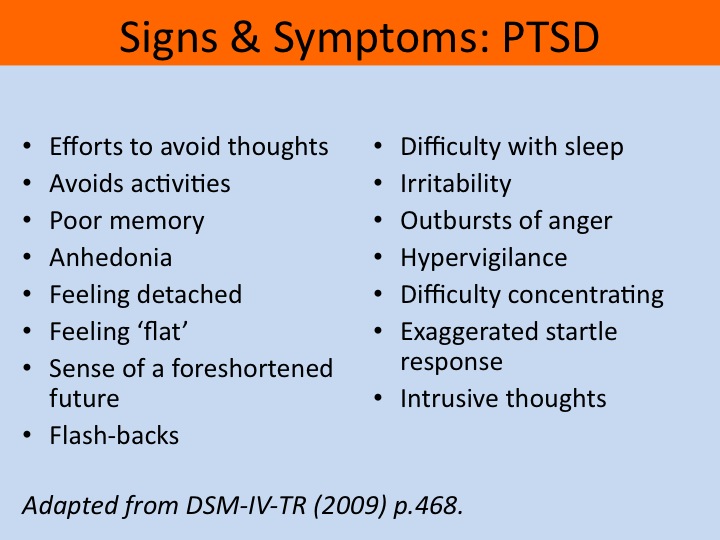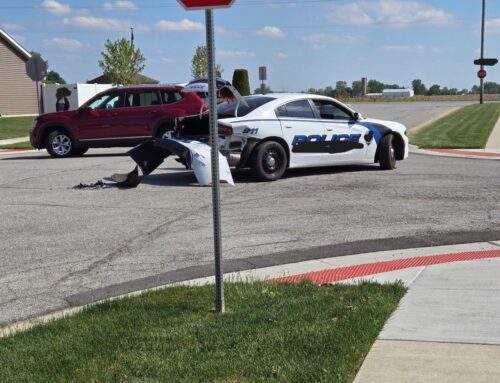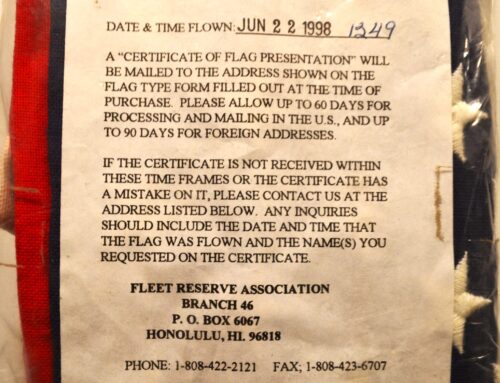I recently attended a one-day law enforcement seminar presented by The Department of Homeland Security. Topics ran from potential terrorist attacks to school security – however, I found the most personally relevant and informative subject to be the discussion of Post Traumatic Stress Disorder (PTSD.)
I must admit that I’ve been ignorant of PTSD as a whole (mostly because it never crossed my path on a personal level), but I’d like to share a few basic facts about PTSD that were touched on during the presentation:
- PTSD doesn’t just affect combat veterans; any traumatic experience can cause PTSD: a car accident, a house fire or a defensive shooting.
- PTSD is the inability to separate the memory of an event from the emotions experienced during the event.
- PTSD is recoverable. PTSD has been treated in the media as a life sentence, e.g. once affected you are doomed for life. This is not the case; medical science is finding new ways to treat it every day.
As a society we have learned a lot about PTSD in the last decade. Some of what we’ve discovered indicates that pre-knowledge of the possible physiological effects of a violent conflict helps many to prevent PTSD.
Violent events take the body through an amazing physiological rollercoaster. The simple fact of knowing beforehand that you may experience such things as auditory exclusion or tunnel vision not only makes you better prepared for the fight, but it may also work to prevent PTSD. There isn’t a checklist of items that you must know; what it amounts to is the more knowledge you have in advance, the better equipped your mind is to deal with the stress of the event. This knowledge prepares your mind to enter what is otherwise a great unknown.
Any training that expands your understanding of the effects of a violent conflict will be beneficial, but in addition to the standard defensive pistol class I found The Emergency Treatment of Gunshot Wounds Course to be one of the most informative. ETGW will further educate you about the realities of gun fighting, and help prepare you on multiple levels.
PTSD treatment and prevention can’t be summed up in a few short paragraphs, and I wouldn’t try. But, knowledge is power, and in this case a little knowledge may be a lifesaver. Get educated. Get Trained. Get ready for the fight!
-Matt Ellison






Leave A Comment
You must be logged in to post a comment.